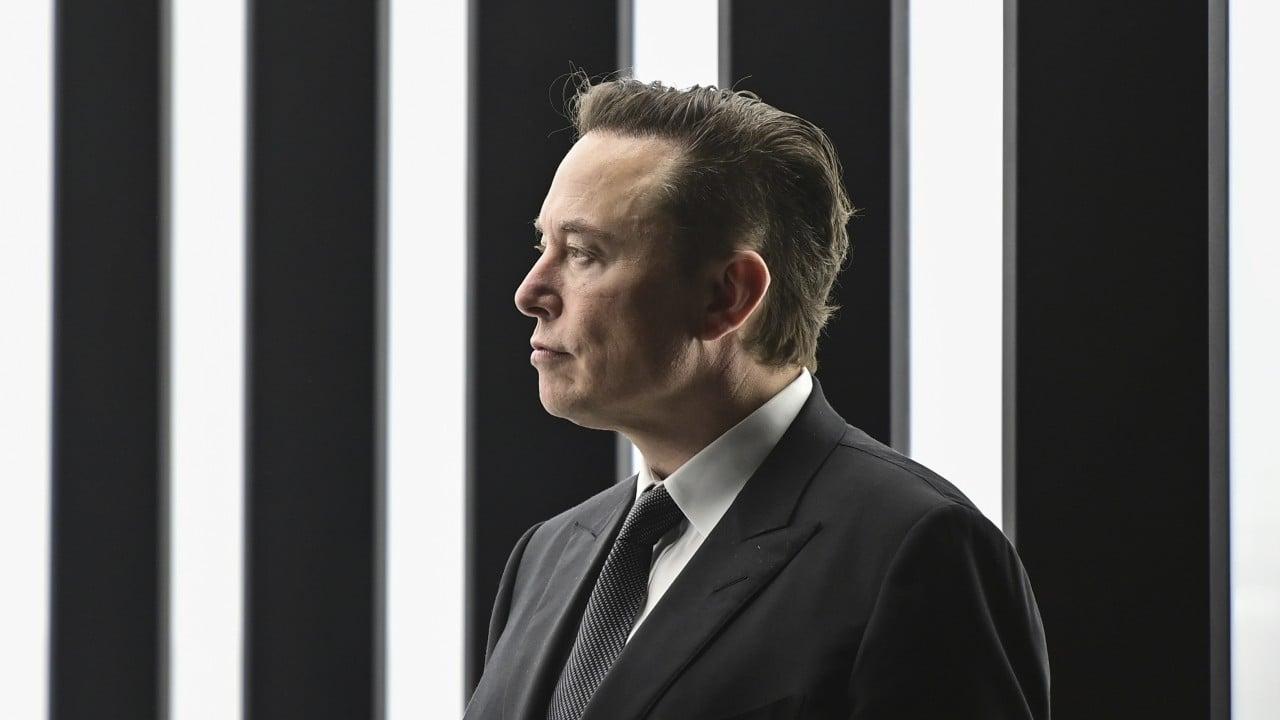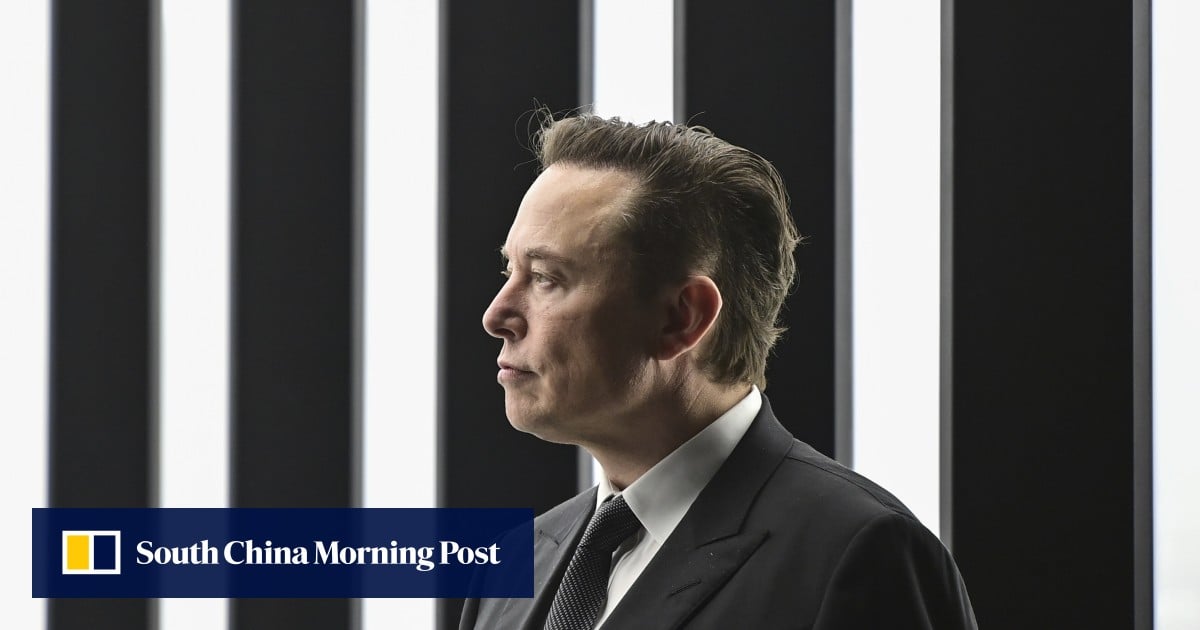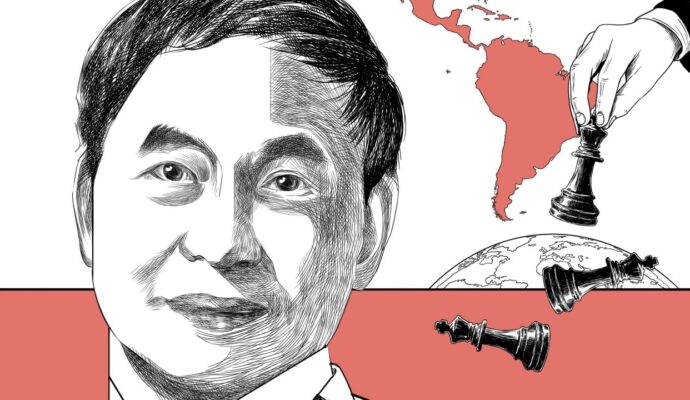

Tesla did not immediately respond to a request for comment.
Tesla’s Shanghai Gigafactory is the first fully-owned foreign car-making plant in China and assembles Model 3 and Model Y vehicles, whose prices range from about 300,000 yuan (US$41,700) to 400,000 yuan. The American giant dominates the mainland’s premium EV segment.
Tesla’s push into the autos chip sector is another sign of its localisation strategy in the country, after shipments at Giga Shanghai reached one million units in August. At that time, Tesla said China’s domestic supply chain provided 95 per cent of the components and materials it needs for Giga Shanghai, according to a post by PR head Grace Taolin on Weibo.
Tesla’s move comes as China continues to battle US trade sanctions aimed at restricting its chip-making ability to 14-nanometre, the most advanced technology node at China’s top foundry Semiconductor Manufacturing International Corp.
Tesla’s effort to use domestically-produced chips could nevertheless be a boon for China’s drive to promote development of mature node chip manufacturing, due to the size of the US EV giant’s annual shipments.
China-based EV makers have been hit by an intermittent auto chip shortage since 2020. However, Chinese authorities including the Ministry of Industry and Information Technology have said that the shortage has eased from the situation seen early this year.
Tesla delivered more than 343,000 cars in the third quarter this year, compared with deliveries of 241,300 electric cars in the same period a year ago, according to data from Tesla’s website.
China is the world’s largest EV market, with breakneck growth prompting global players to shift their focus from traditional cars to battery-powered vehicles to maintain market share in the country.


